Bringing a rabbit into your home is an exciting experience, but it also comes with a lot of responsibility. Rabbits are intelligent, social animals that require proper care, attention, and a safe environment to thrive. If you’re new to rabbit ownership, understanding their needs is essential for keeping them happy and healthy.
Click Here For a Beginners Guide to Rabbit Care.

From setting up their habitat to ensuring a proper diet, this guide will cover everything you need to know about how to take care of a rabbit for beginners.
Choosing the Right Rabbit for Your Home
Before adopting a rabbit, it’s important to consider the breed, size, and personality that will best fit your lifestyle. Some breeds, like the Holland Lop, are small and easygoing, while others, like the Flemish Giant, require more space and food. Research different breeds to find one that matches your home and family.
Rabbits also have different temperaments. Some are affectionate and love cuddles, while others prefer to be independent. Spend time with a rabbit before adopting to see if their personality is a good fit for you.
Setting Up a Proper Habitat
Your rabbit's home should be spacious, comfortable, and safe. Whether you choose a large cage, a pen, or a free-roaming space, make sure it provides everything your rabbit needs.
Choosing the Right Cage or Enclosure
-
Size Matters – A rabbit enclosure should be at least four times the size of your rabbit when fully stretched out. For larger breeds, even more space is necessary.
-
Flooring – Avoid wire flooring as it can hurt their feet. A solid-bottom cage or soft bedding is best.
-
Safe Location – Keep the enclosure indoors, away from extreme temperatures and loud noises.
Essential Accessories
-
Litter Box – Rabbits can be litter trained. Use a shallow litter box with rabbit-safe litter (avoid clay or clumping litter).
-
Hideout – Provide a small house or tunnel where your rabbit can retreat for privacy.
-
Toys and Chew Items – Rabbits need mental stimulation and something safe to chew on to keep their teeth healthy.
How to Take Care of a Rabbit for Beginners: Nutrition and Diet
Rabbits have specific dietary needs that must be met to ensure their long-term health. A balanced diet includes hay, fresh vegetables, and limited pellets.
Hay: The Foundation of a Rabbit's Diet
Hay is the most important part of a rabbit’s diet. It provides fiber to keep their digestive system working properly. Timothy hay is best for adult rabbits, while alfalfa hay can be given to young rabbits in moderation.

Fresh Vegetables and Fruits
Rabbits love fresh greens, but not all vegetables are safe. Offer a variety of leafy greens such as romaine lettuce, cilantro, and parsley. Avoid iceberg lettuce as it has little nutritional value.
Fruits like apples (without seeds), bananas, and strawberries can be given as occasional treats. Too much sugar can cause digestive issues.
Pellets and Water
High-quality pellets should only make up a small portion of their diet. Fresh water should always be available in a bowl or bottle.
Grooming and Hygiene
Rabbits are naturally clean animals, but they still require some grooming to stay healthy.
Brushing and Fur Care
Long-haired breeds like Angoras need daily brushing to prevent matting, while short-haired rabbits only need weekly grooming. Shedding or molting seasons require extra brushing.
Nail Trimming
Rabbit nails grow quickly and should be trimmed every 4-6 weeks. Use small animal nail clippers and be careful not to cut the quick (the pink area inside the nail).
Ear and Teeth Health
Check your rabbit’s ears for dirt or signs of infection. Also, ensure they have plenty of chew toys and hay to naturally file down their ever-growing teeth.
Exercise and Socialization
Rabbits are naturally active animals that need plenty of movement and mental stimulation to stay happy and healthy. Without enough exercise, they can become bored, stressed, and even overweight.
To keep them in good shape and content, rabbits should have at least three to four hours of supervised playtime outside their enclosure each day. This allows them to stretch, explore, and engage in natural behaviors like hopping, digging, and binkying.

Safe Play Areas
Before letting your rabbit roam freely, it’s crucial to create a safe and enriching environment. Rabbits are naturally curious and love to chew, so take precautions to protect both them and your home.
-
Rabbit-proof rooms – Rabbits love to chew on wires, baseboards, and furniture, which can be dangerous. Use cord protectors, move electrical cables out of reach, and cover wooden furniture legs with protective guards.
-
Remove toxic plants – Many common houseplants, such as lilies, azaleas, and pothos, are toxic to rabbits. Check for any hazardous plants and place them out of reach.
-
Provide tunnels, ramps, and interactive toys – Rabbits are natural explorers and enjoy running through tunnels, jumping onto platforms, and solving puzzles for treats. Offering a variety of toys and structures will keep them engaged and prevent boredom.
Bonding with Your Rabbit
Rabbits are social animals, but they require patience and gentle handling to build trust. Unlike dogs or cats, they don’t always seek human interaction right away. Developing a strong bond takes time, but the effort is well worth it.
-
Let them approach you – Instead of picking up your rabbit (which many dislike), sit on the floor and allow them to come to you.
-
Use a calm voice and slow movements – Rabbits can be easily startled by loud noises and sudden motions. Speak softly and move gently to make them feel safe.
-
Pet them in their favorite spots – Most rabbits enjoy being petted on their forehead and behind their ears. Avoid touching their feet or stomach, as these areas are sensitive.
-
Pair them with a rabbit companion – If you have space and time to care for two rabbits, consider adopting a bonded pair or introducing a companion.
Common Health Issues and Vet Care
Regular check-ups with a rabbit-savvy vet are important for maintaining good health. Watch for signs of illness in your rabbit, such as:
-
Loss of appetite or difficulty eating
-
Runny nose or excessive sneezing
-
Unusual droppings (too small or too few)
Rabbits should also be spayed or neutered to prevent reproductive cancers and reduce behavioral issues.

Final Thoughts on How to Take Care of a Rabbit for Beginners
Owning a rabbit is a rewarding experience, but it requires commitment. Providing a proper diet, a safe environment, and regular care will keep your rabbit happy and healthy.
If you’re ready to welcome a rabbit into your home, take the time to learn about their needs and create a space where they can thrive.




























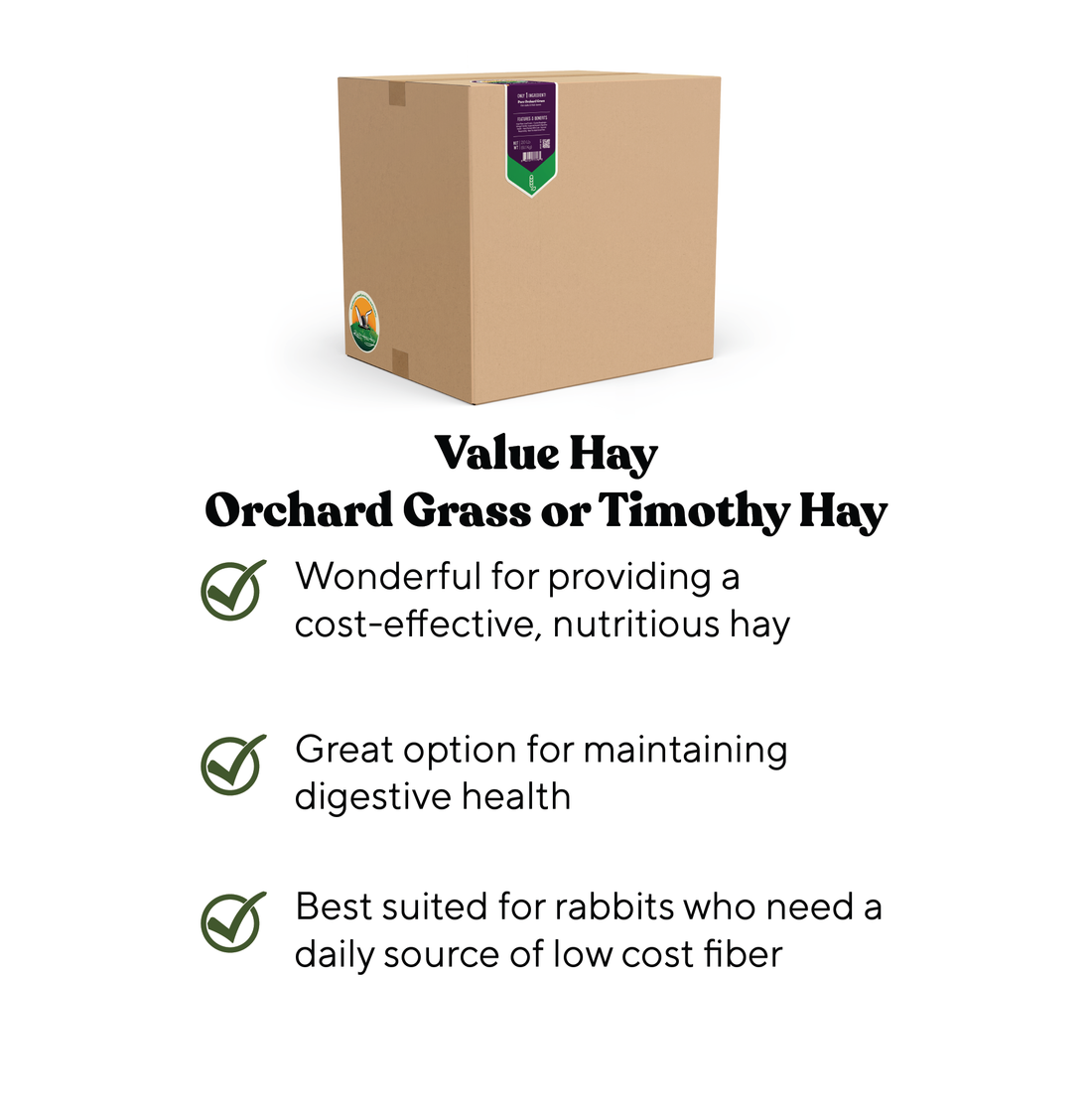

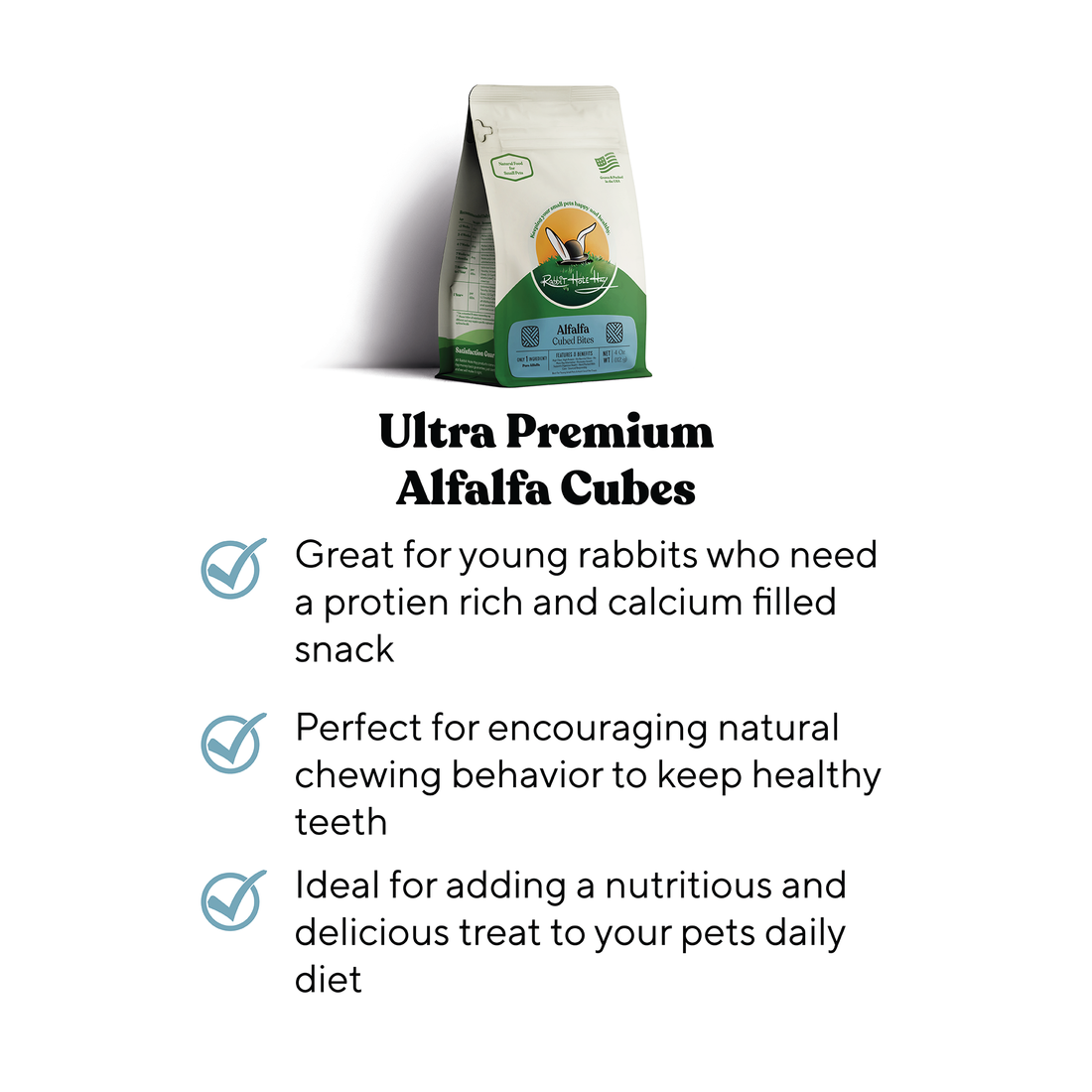




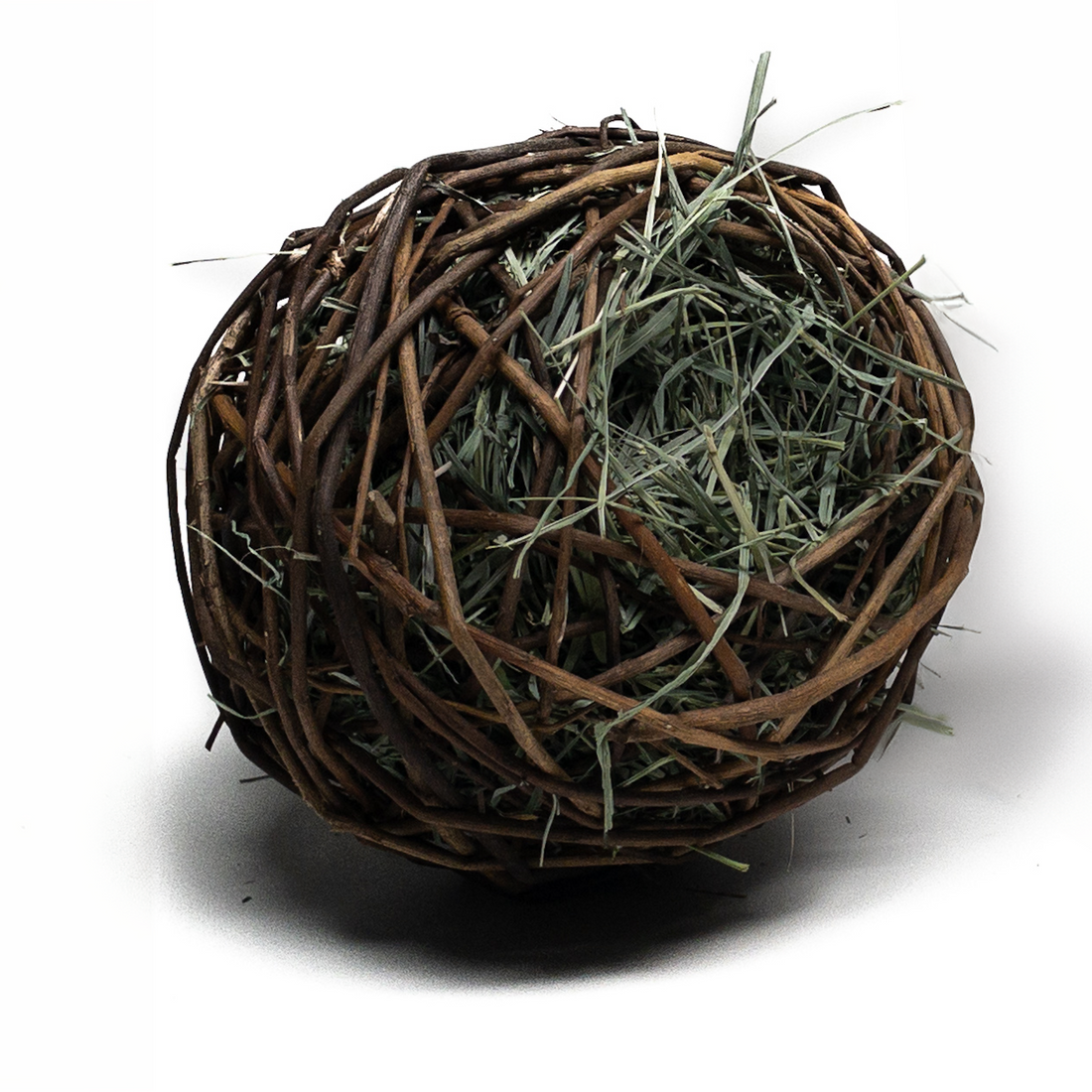
















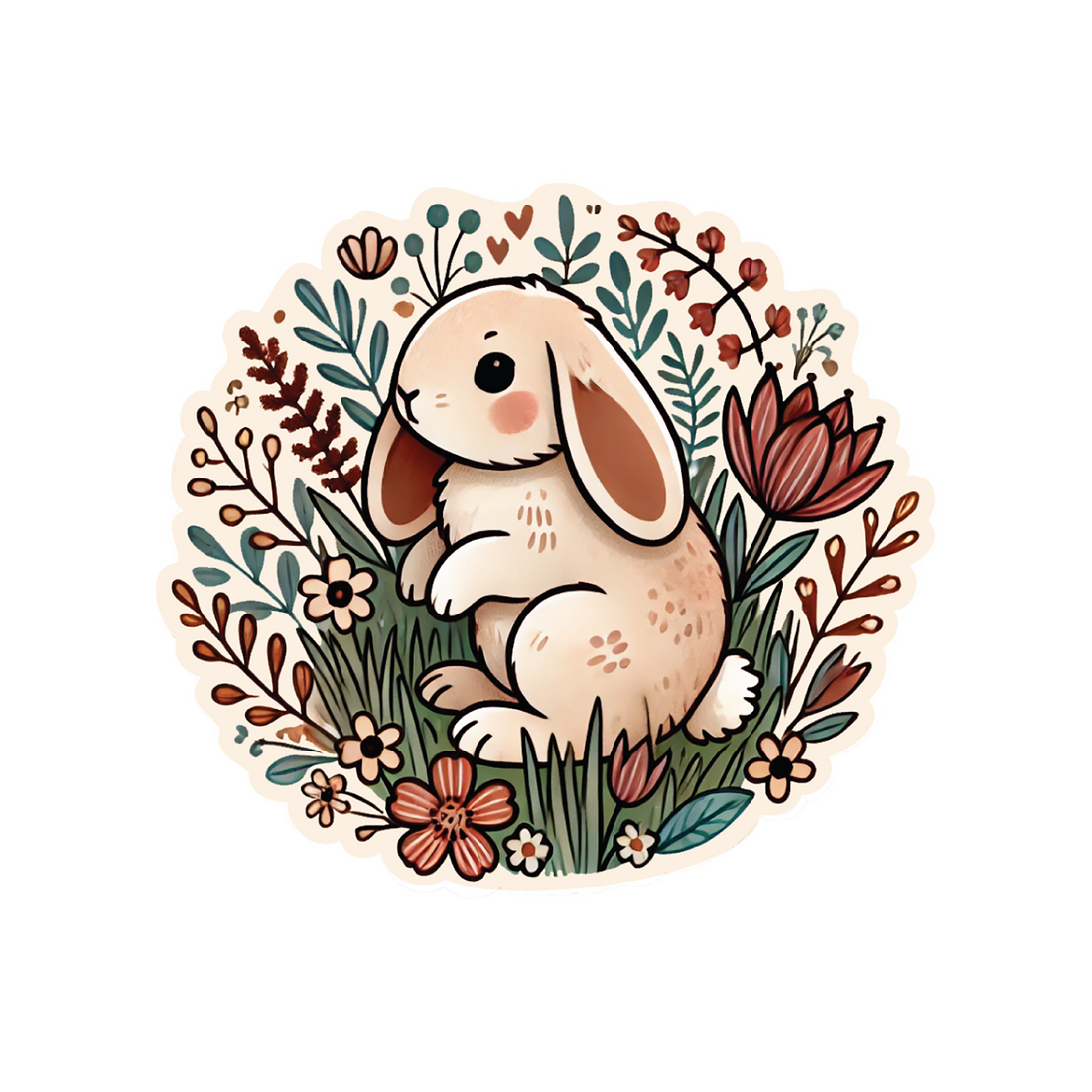
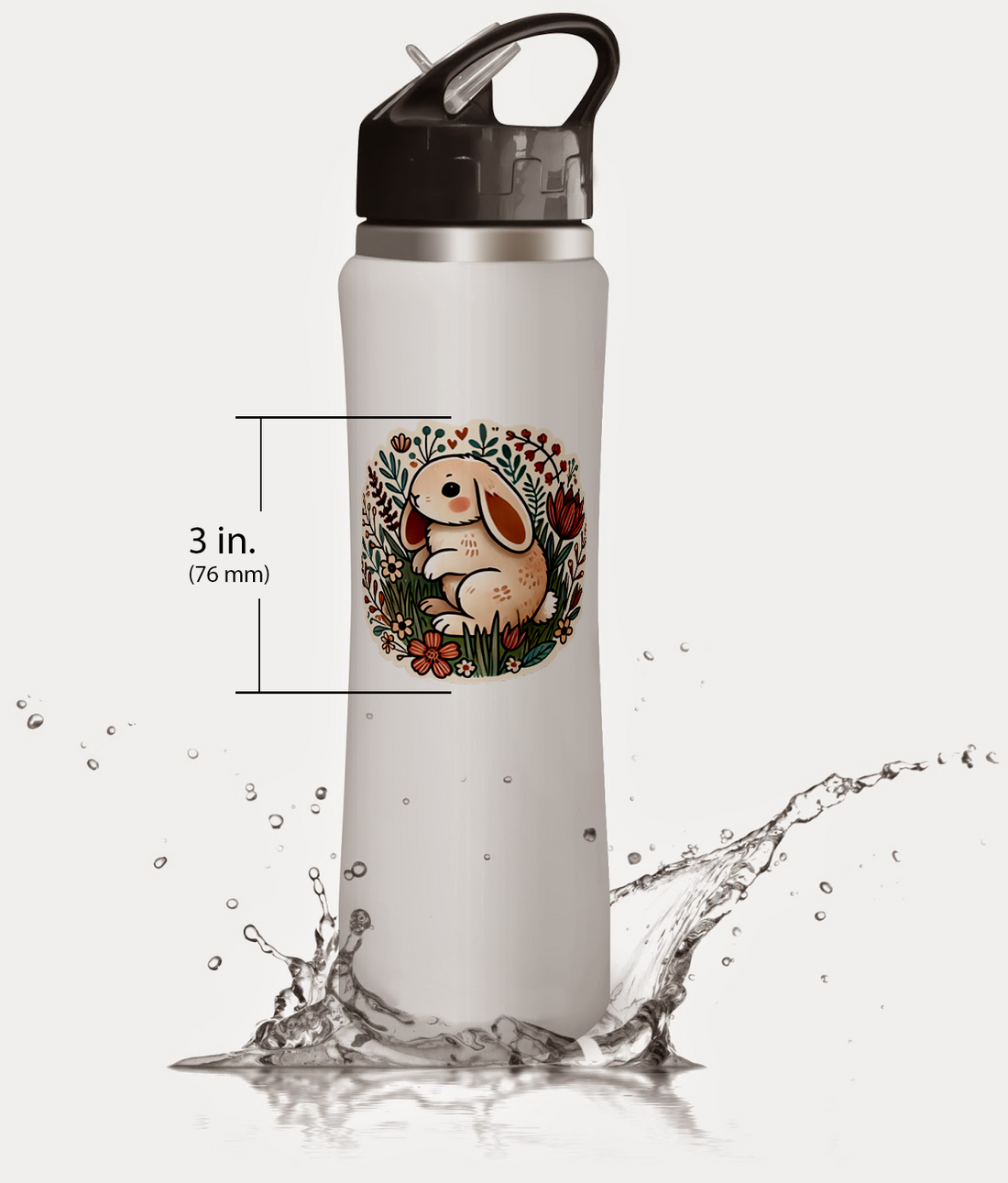


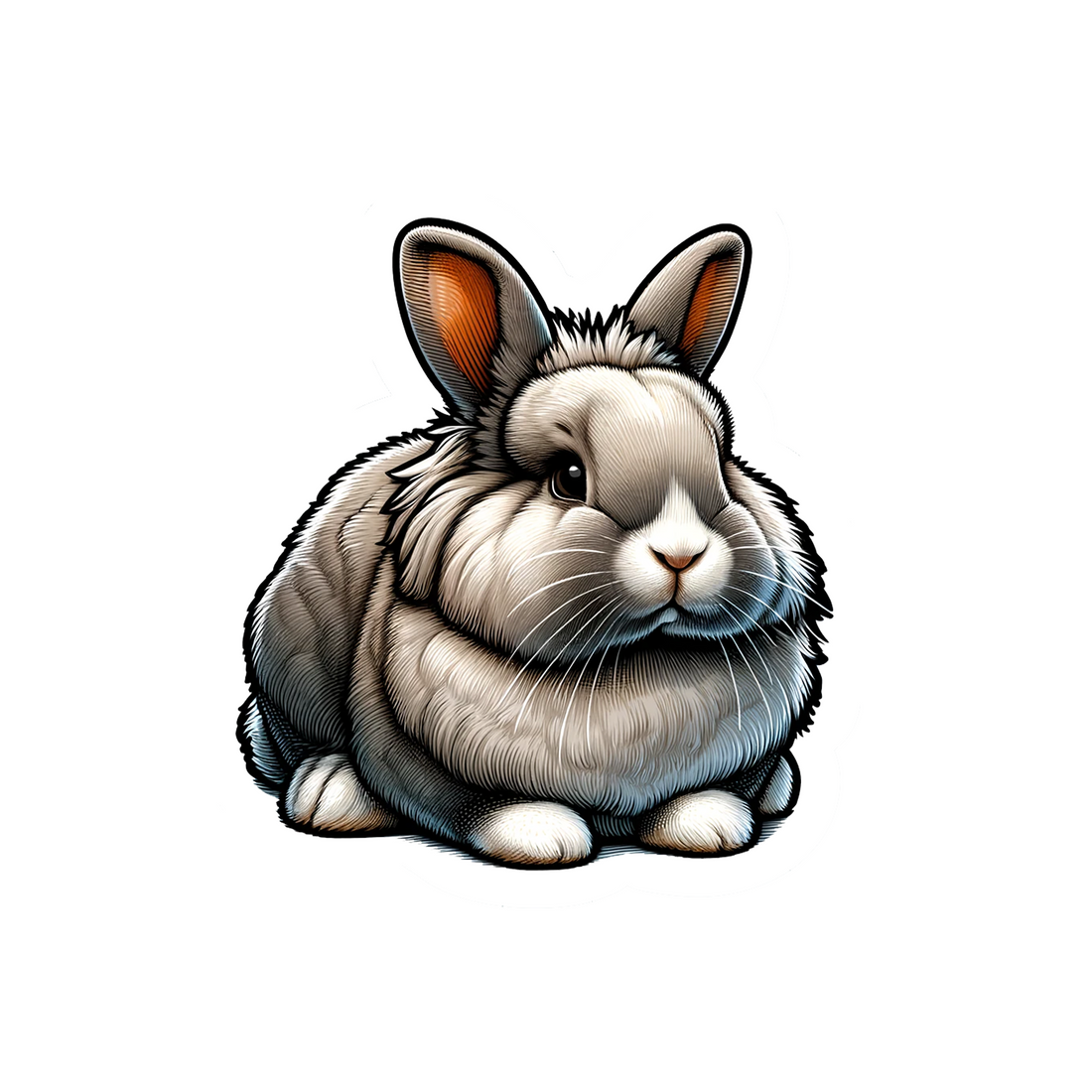
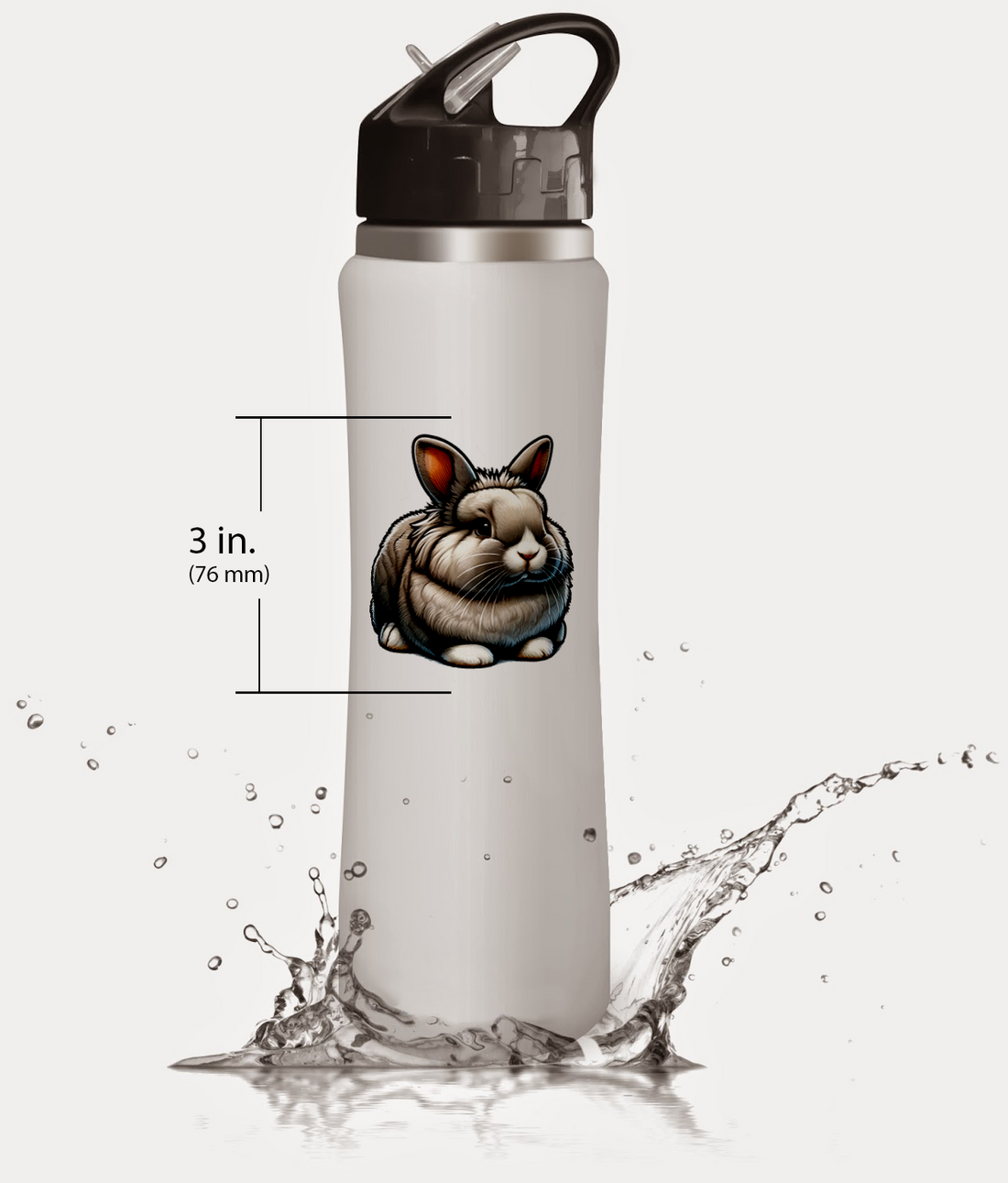

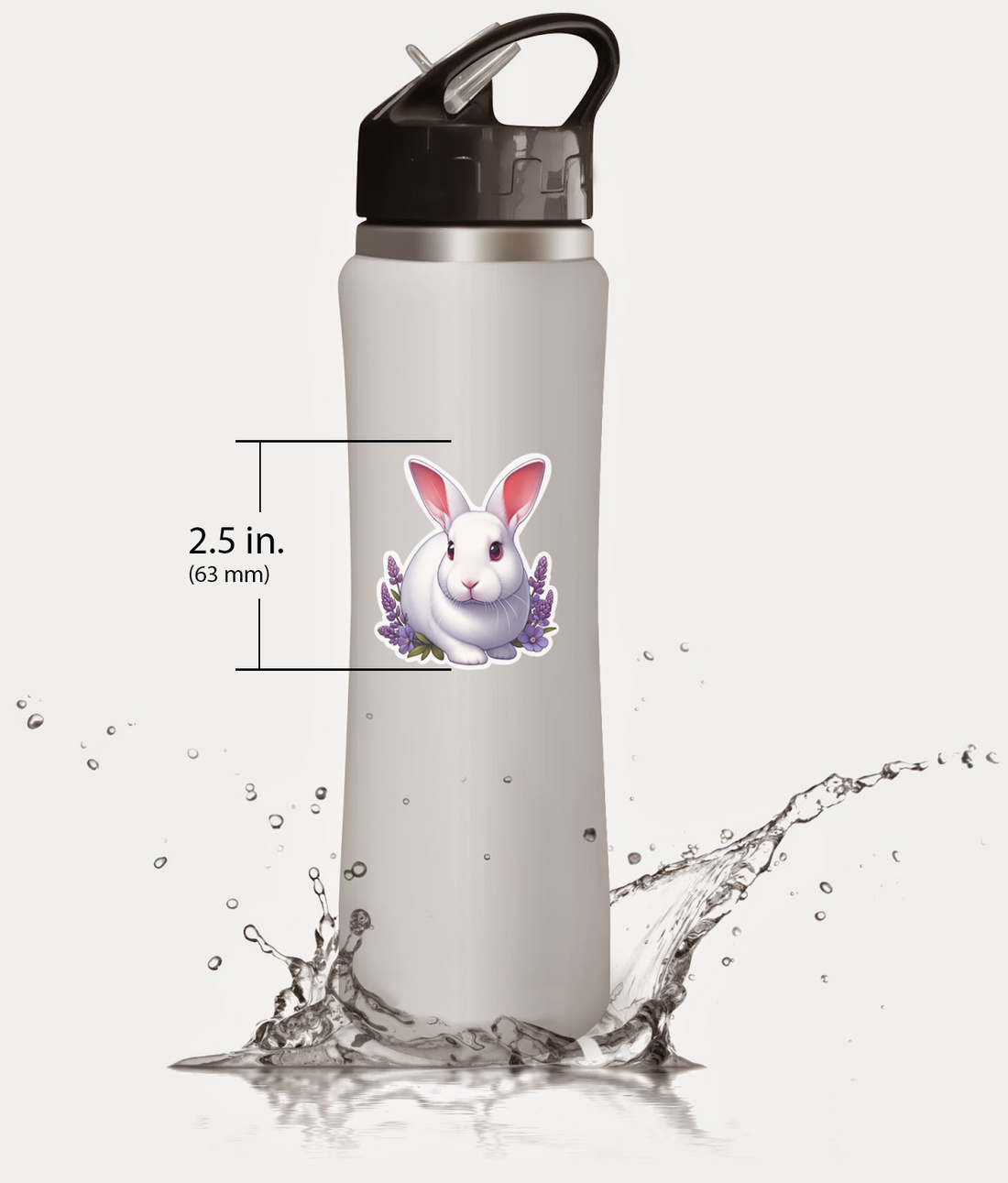



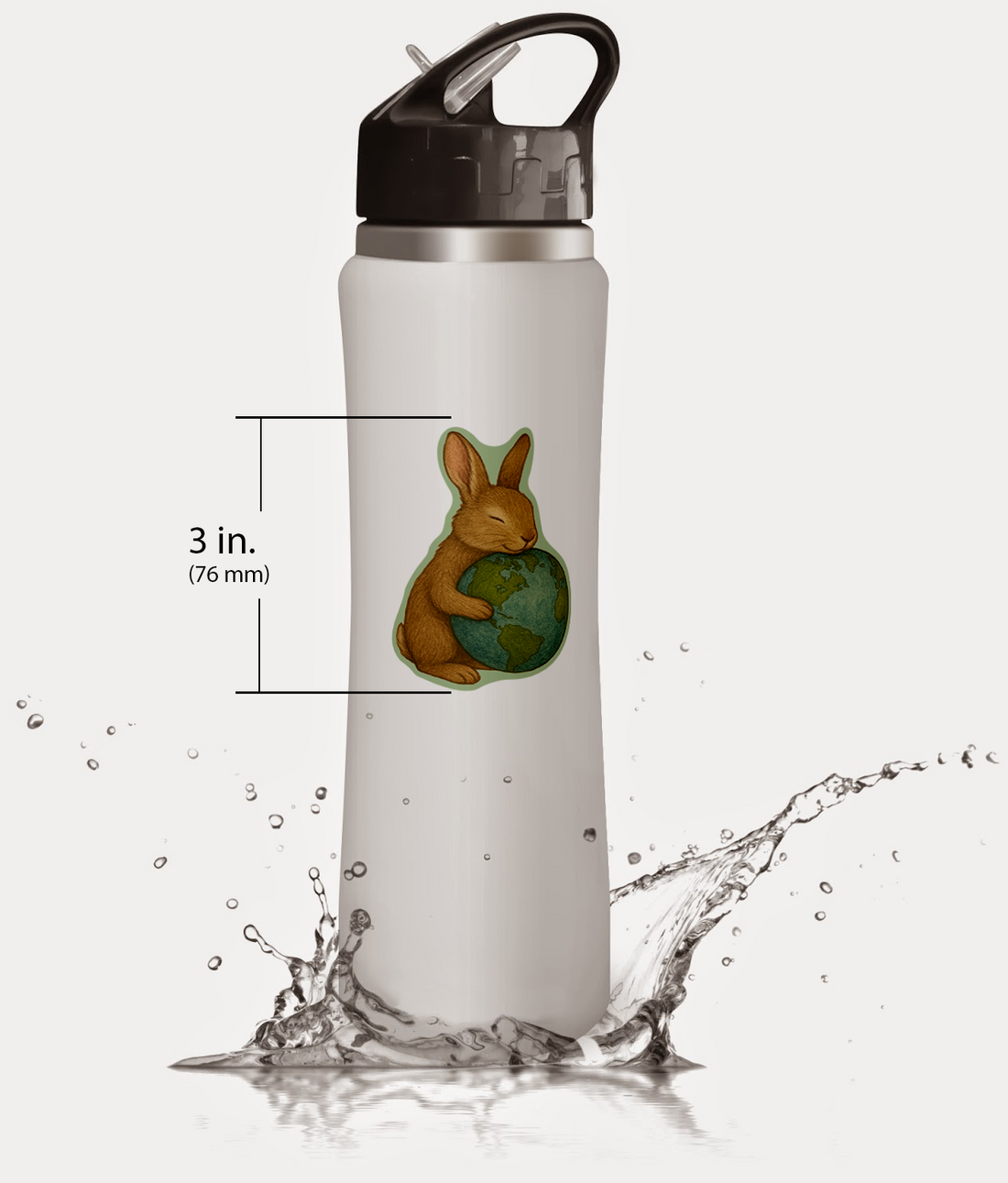

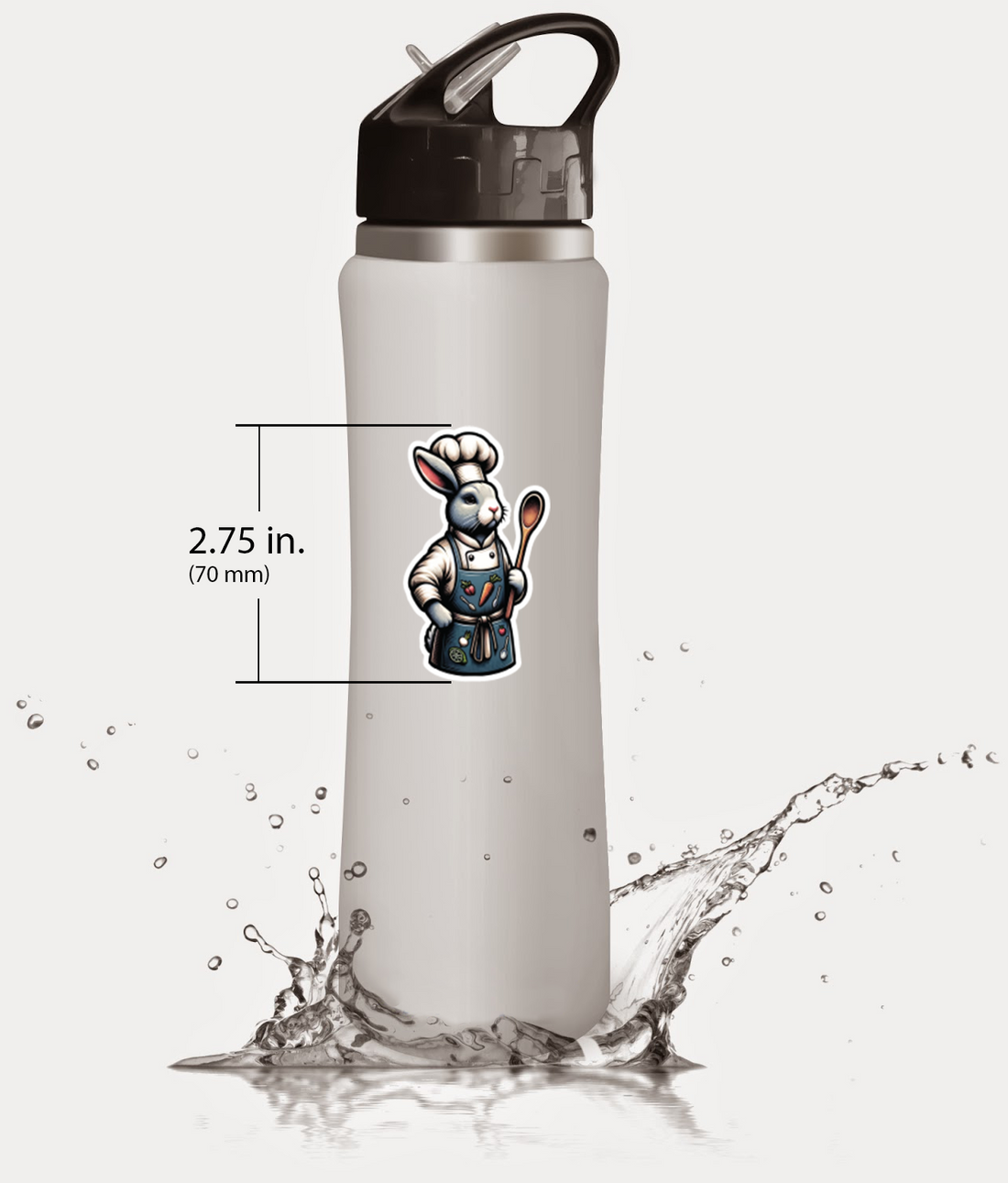
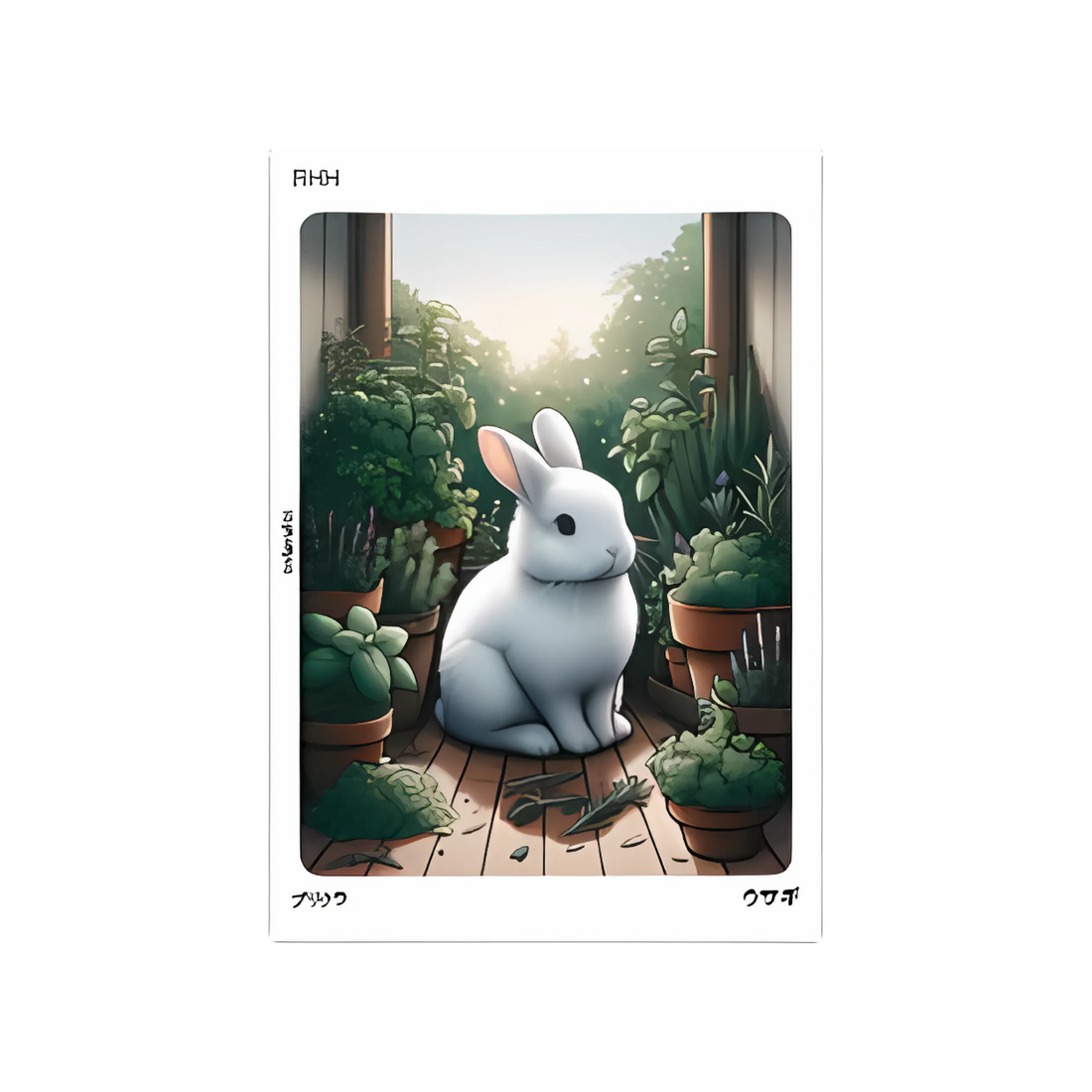


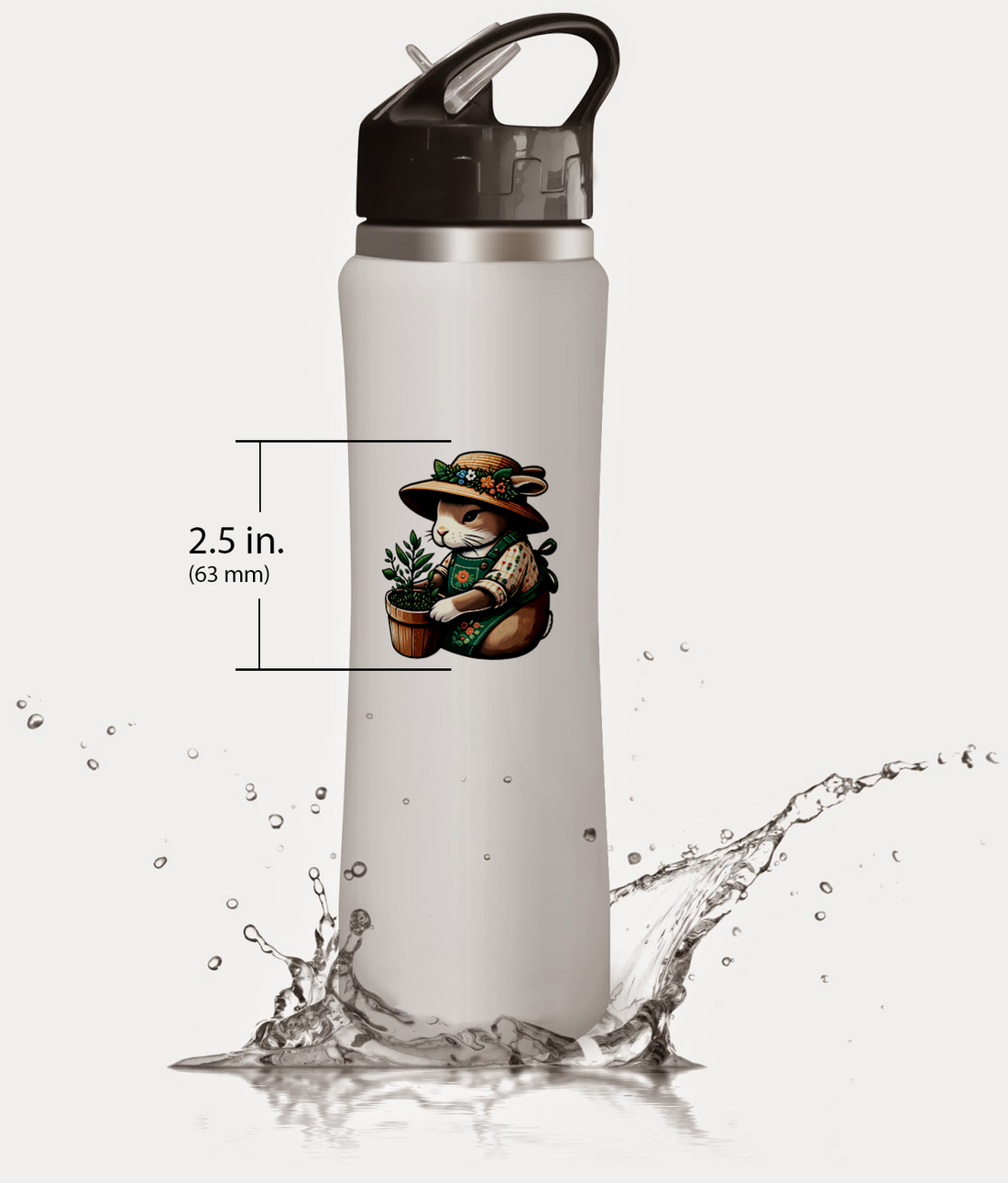










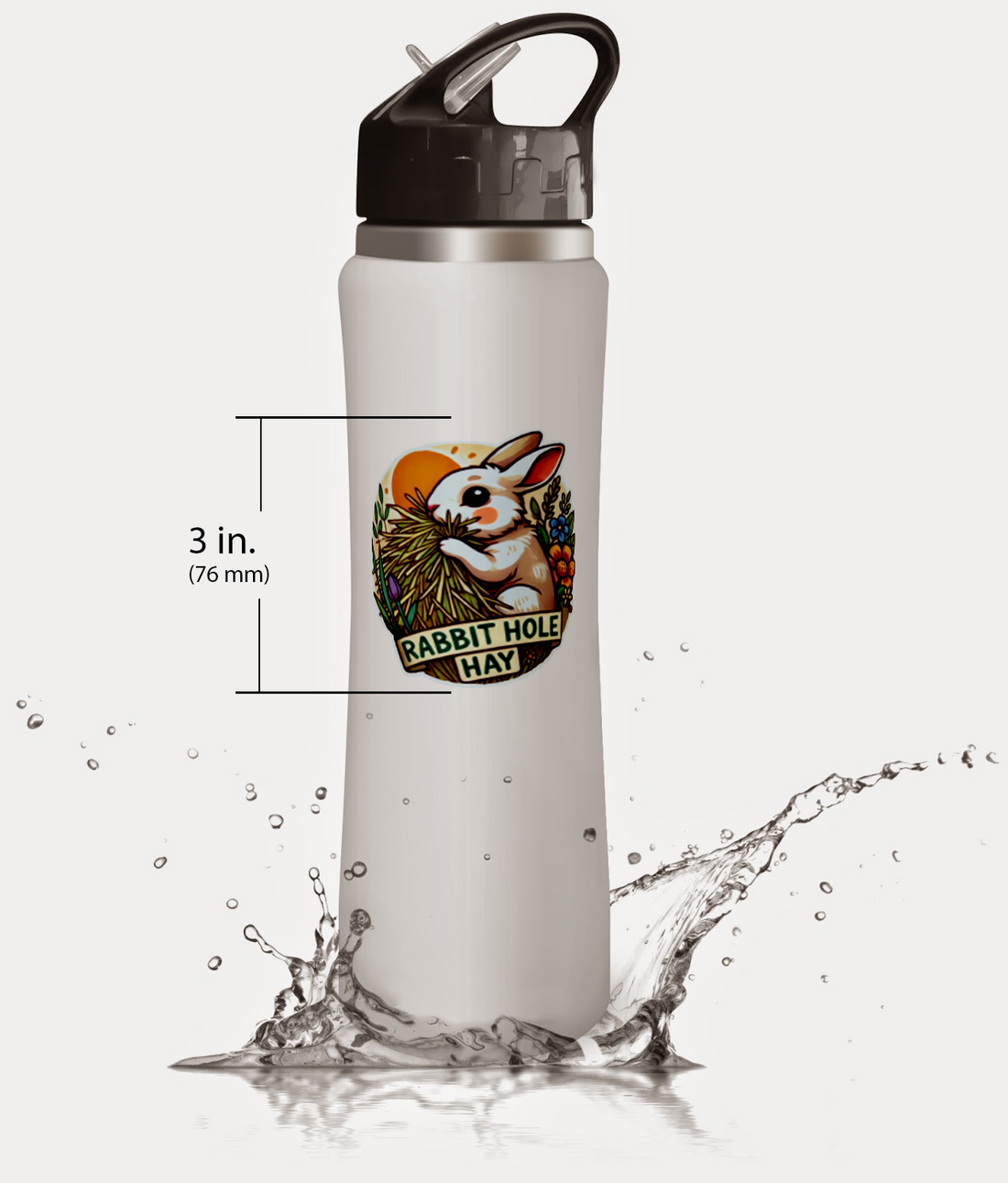













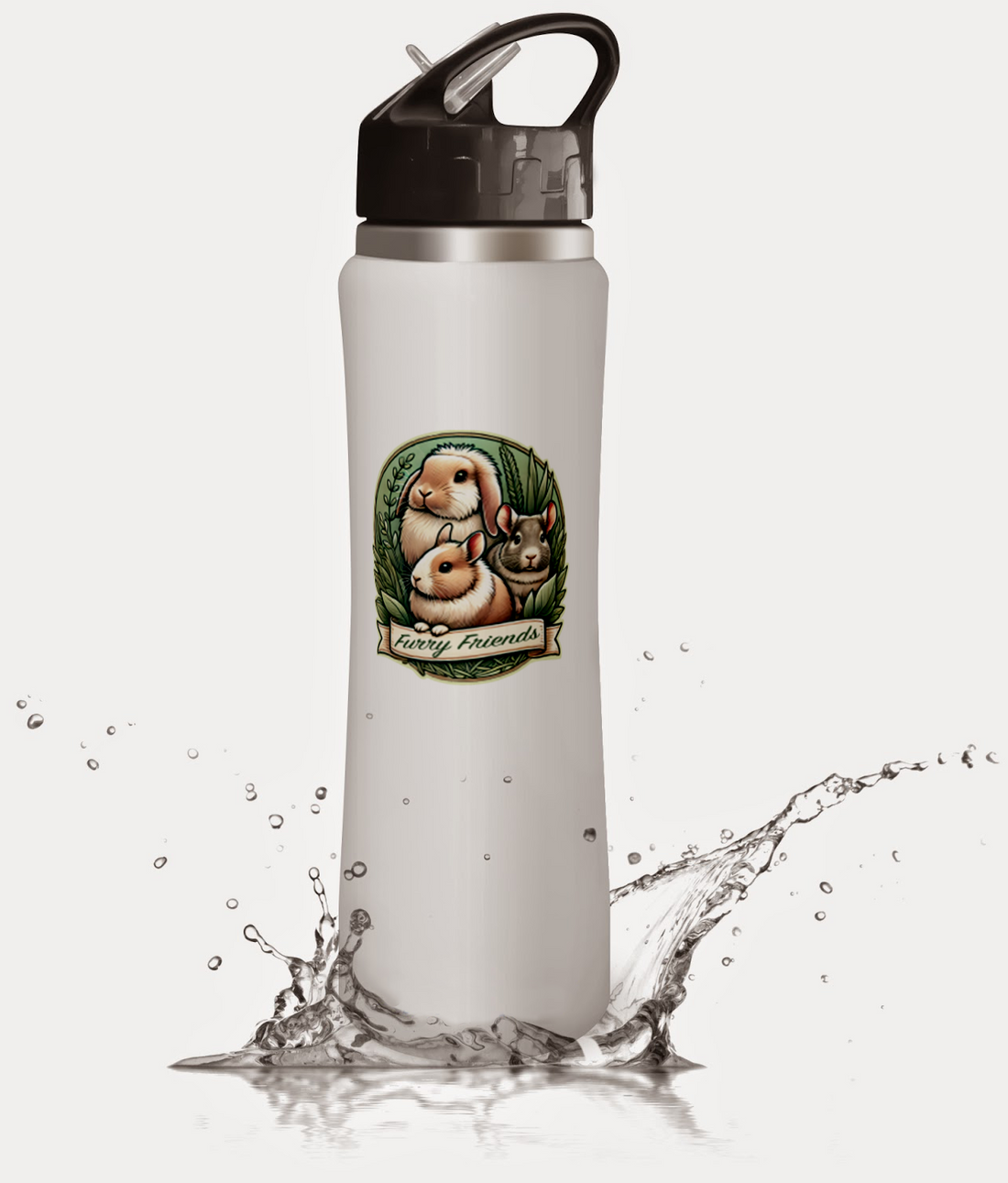



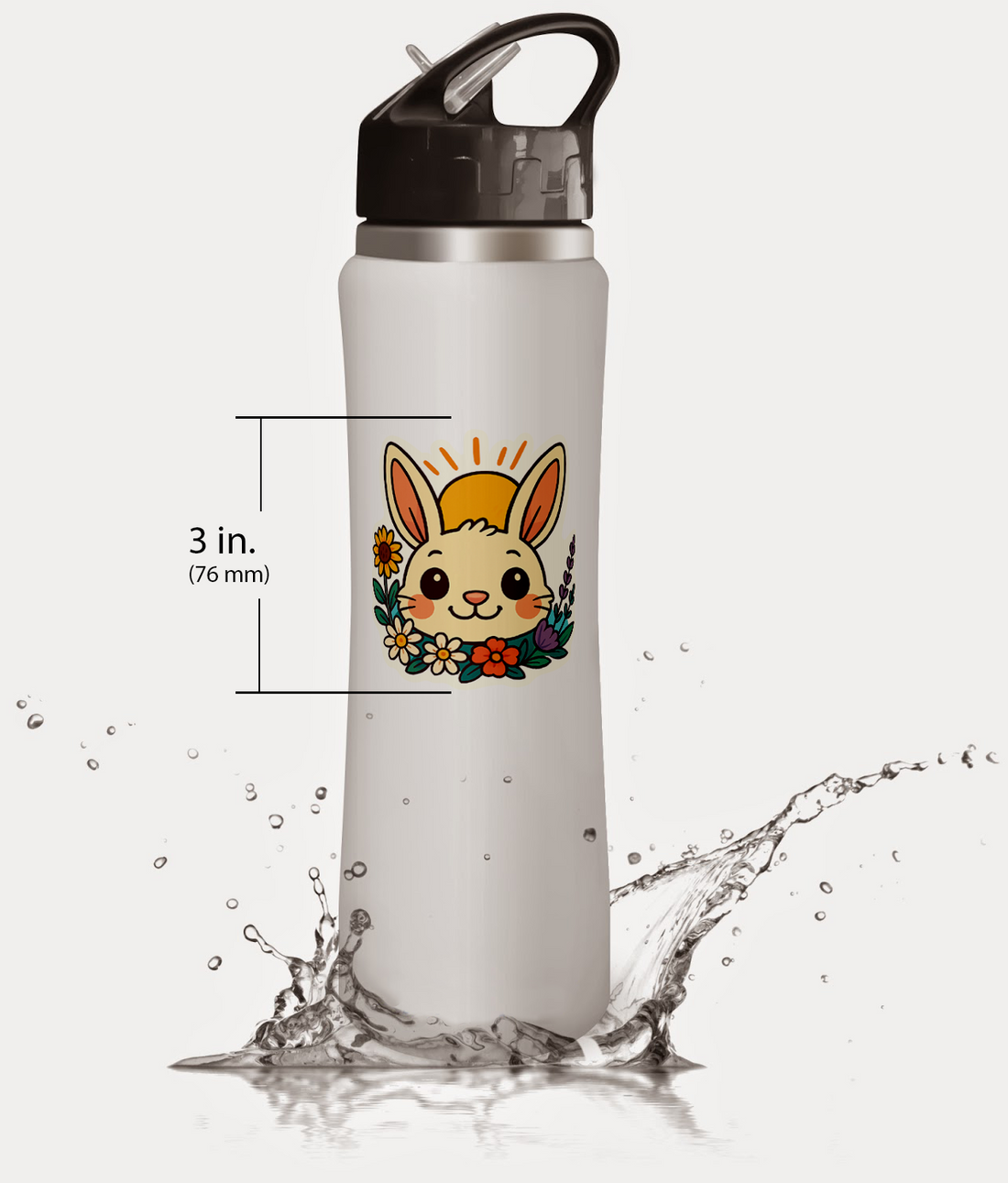







Comments